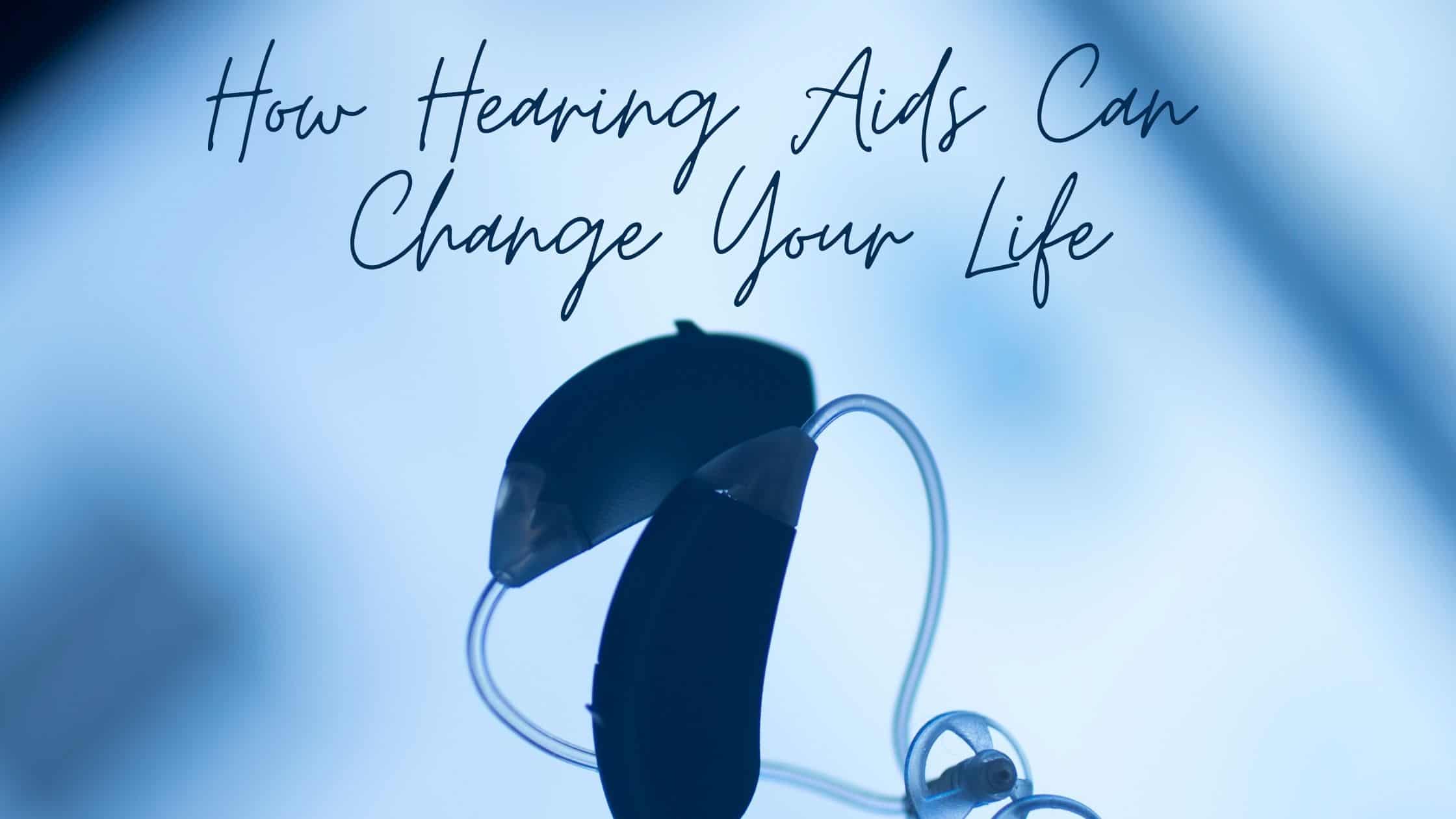As the options for hearing aids include smaller and smaller devices, the benefits loom ever larger in our lives. Whereas the hearing aids of the past did do a lot to fill in the gaps in conversation, they still had some technical issues to work out. Older models tended to be quite large and bulky with batteries that needed to be replaced quite often. They also had a tendency to emit a squealing feedback noise, particularly if they were in place while a person was using the phone.
Those old days are long gone, and the newest hearing aids are available in a wide range of shapes and sizes. The latest features, including rechargeable batteries and media sync capability, transform them into something that can seamlessly integrate into your life. When they are so easily incorporated into life, hearing aids offer an even wider range of benefits for your life, as well. Not only do they facilitate conversations in person, but they can also lead to better physical, mental, and cognitive health in countless ways. Let’s take a look at a few of the ways hearing aids can change your life for the better.
Easing Conversation
The old benefits of hearing aids still ring true, and they can make conversations much easier in face-to-face situations. If you are out at the grocery store or other community amenity, hearing aids make it possible to communicate essential information to others and to respond to questions appropriately. Beyond easing the conversational process while you’re out and about, they can be quite useful at home, as well. Some voices are easier to hear than others, and many people with hearing loss struggle to hear children and softly spoken adults. With hearing aids in place, many people find that these conversations are easier, relieving the stress of the past.
Community Integration
With the benefits of hearing aids, many people find they are better able to integrate into the community, as well. By filling in some of the sonic gaps in conversations, social anxiety can fade away, making room to strengthen existing connections and to build new ones, as well. Social isolation can be a real problem for those with untreated hearing loss. Rather than struggle to communicate and endure some of the embarrassment and frustration that comes with the attempt to connect, some people prefer to avoid social gatherings altogether. By isolating in this way, mental health struggles can ensue, including increased anxiety, feelings of loneliness, and even depression. However, with hearing aids put into use, community integration can become possible in new ways, building bridges to new people and a firmer foundation with old contacts.
Cognitive Wellbeing
One of the remarkable findings in hearing loss research is that it has a strong connection with cognitive decline, including dementia. It seems that there is a powerful relationship between hearing ability, communication style, and cognition. Those who have untreated hearing loss find it difficult to put together the pieces of sound into a meaningful idea, and that confusing process can spill over into other areas of thought. Indeed, the rates of dementia are higher among those with hearing loss than their demographic counterparts who don’t have hearing loss. What a relief that using hearing aids seems to erase that negative effect! When people get hearing aids as soon as they are necessary and put them into use, they can eliminate that additional effect of hearing loss on cognition.
Peace of Mind
Beyond the improvements to life that have been borne out in research, we can rely on the stories of those who have newfound peace of mind with hearing aids in use. Whether it is awareness of emergency vehicles while driving or the ability to easily converse with young grandchildren, hearing aids come as an immense relief to many people.
If you are ready to take the plunge into the world of hearing assistance, your part is easy. Simply make an appointment for a hearing test, and our hearing health professionals will do the rest, pairing you with the assistance that is suited to your hearing needs and individual lifestyle. With so many improvements to life in store, why delay?

